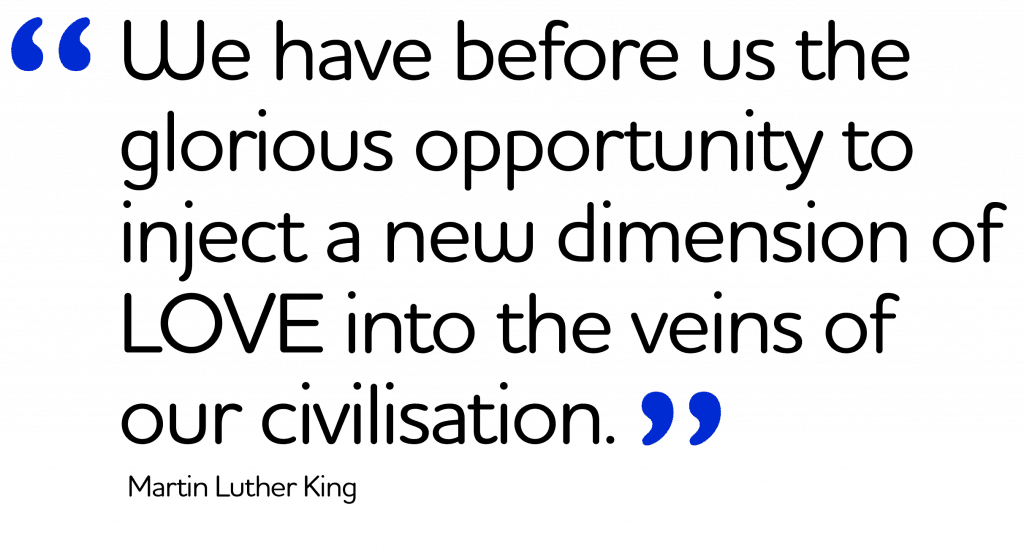Cognitive distortions are simple ways that our mind tells us about something that is not actually true in real life. These untrue feelings and thoughts are then most often used to internally validate our format of “non-productive” or “negative thinking” or to create unnecessary emotional baggage in our lives — convincing ourselves that the negative train of thought is perfectly sound, rational and accurate, yet, what is actually happening only serves to keep us stuck in a loop of negative thinking and compounds negative feelings about ourselves, others or even our work lives.
Examples of cognitive biases that cause distorted thoughts and irrational responses:
- Attentional bias: Endlessly brooding over the same negative, worrying thoughts, without attempting to manage or diminish the thoughts in any way.
- Below-average effect: To believe that we are not as good as others at carrying out difficult tasks.
- Cognitive inertia: Unwillingness to change your views, even in the face of new evidence.
- Dunning-Kruger effect: A theory that most incompetent people overvalue themselves, whilst the competent usually underestimate themselves.
- Fading affect bias: When unpleasant memories are quickly forgotten, but pleasant memories are not forgotten. The recollection of positive events is stronger than that of negative events.
- Halo effect: If a person likes one aspect of something, they have a positive attitude about everything concerning it. If they dislike something, they have a negative view of everything about it.
- Ostrich effect: Consciously denying a problem or a risk and believing that it does not exist or will not happen if you continue to ignore it.
- Reactance: To resist attempts by others to influence you, and to do the opposite of what they want, because you feel their actions will affect your freedom to do what you want to do.
- Selective perception: Leaving out, or not mentioning, facts that you do not consider important.
- Triviality bias: Elevating insignificant, trivial issues to a status of exaggerated importance.
Cognitive Behavioural Therapy (CBT) is a treatment methodology for challenging and unweaving cognitive distortions. For the full list of biased thinking types and the comprehensive guide to cognitive therapy click here.
There are times when unpacking cognitive biases can be too complex as they have become a part of your life. The result often plays out in emotional turmoils, addiction, depression and anxiety that require specialized talk therapy and third party guidance and support from a qualified counsellor to separate the fact from fiction.
Recovery Direct is a online therapy from South Africa that works with a broad range of mental health topics. Our job is to find the best fit registered counsellor or coach for you and to work with you to resolve the causes of your cognitive biases. We then help you to form a sustainable growth path for your emotional wellbeing into your future. See our dedicted executive treatment centre in South Africa for more information.
If you would like to know more about cognitive biases please feel free to use the contact form below and get in touch with one of our therapists.








